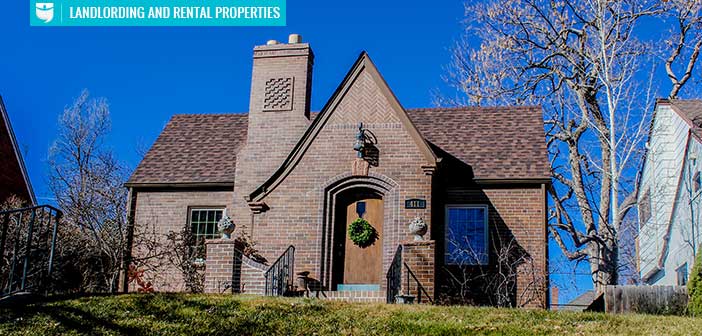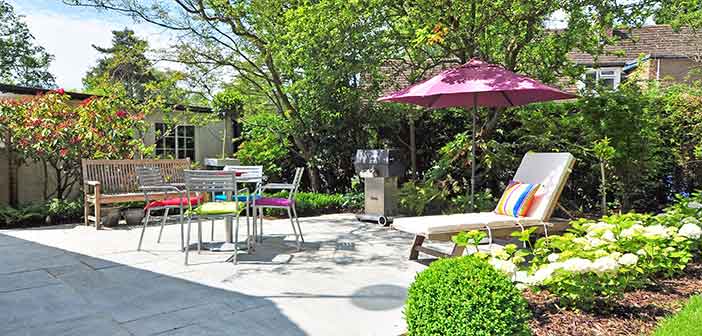What To Do After You Sell Your Rental Property

4 Steps to Take Immediately After Selling Your Rental Property
Repost from one of our favorite sites BiggerPockets Blog
by Larry Alton | BiggerPockets.com

Sometimes it just makes sense to sell a rental property. Whether you’re looking to free up some equity, just completed a rent-to-own transaction, or are simply tired of the hassle, it’s important that you respond appropriately after a sale.
4 Steps to Take Immediately After Selling Your Rental Property
Once you actually have an offer in writing and formally accept it, a closing date will be set. But you need to have a plan before closing day arrives for how you’ll deal with moving out and onto the next stage of your life as an investor.
Here are some things you need to think about.
1. Don’t take anything that’s not yours.
If you’ve never sold a home before, then you may not be aware of what the cleaning up and moving out process looks like. Just because you bought something and installed it in the home years ago doesn’t mean you get to keep it. There are certain things that are assumed to be included with the purchase of the property, unless explicitly stated otherwise in the purchase offer.
Things like built-ins, hardware, alarm systems, appliances, mounted light fixtures, and other items that would be considered part of the physical structure should be left in place.

2. Disconnect or transfer the utilities.
Don’t forget to disconnect or transfer utilities on the day you move out. The last thing you want is to leave your name on something you’re no longer paying for.
Related: Should You Sell Your House or Rent It?
“Utility accounts usually don’t have a strong impact on credits scores unless you miss a payment or habitually pay late,” High Risk Pay explains in this blog post. “The utility company can turn unpaid amounts to collection agencies, which will report the debts to the credit bureaus.” Avoid this mess by promptly getting your name off the accounts and making sure everything is paid in full through the closing date.
3. Use a 1031 exchange.
Capital gains taxes are a pain in the rear. They can cost you tens of thousands of dollars if you aren’t careful. The good news is that you can avoid paying taxes on the gains from your property if you reinvest those gains back into a similar property. This is known as a 1031 exchange and is the method most people use when selling a property.
This obviously requires that you purchase another rental property, though. So if you’re trying to get out of the landlording business altogether, you may have to suck it up and pay the taxes. It’s not the end of the world, but you definitely want to avoid them if possible.

4. Invest the money in a money market mutual fund.
If you don’t use a 1031 exchange and instead take the proceeds from the sale of the rental property, it’s important that you put this money into an investment vehicle that can yield a return until you figure out what to do with it.
A solid money market mutual fund is a good idea and can even give you the ability to use the money if needed. It’s a highly liquid investment that will (historically) bring a higher return than a traditional savings account. Just be aware that you could technically lose a lot of money if you’re only planning on keeping the money in the fund for a short period of time. You have to be willing to ride out the market if there’s ever a drop.
We would like to add Step 5: Invest your money with a real estate investment company (Community Real Estate Solutions LLC) and continue getting a return on your hard earned money!
Have a Plan in Place
It’s never smart to wait until closing day to come up with a plan. While there are certain things you can’t do until closing day arrives (or even until a few hours or days after), nobody can stop you from developing a strategy.
It’s the smart thing to do and will ensure you don’t get caught in a compromising situation.